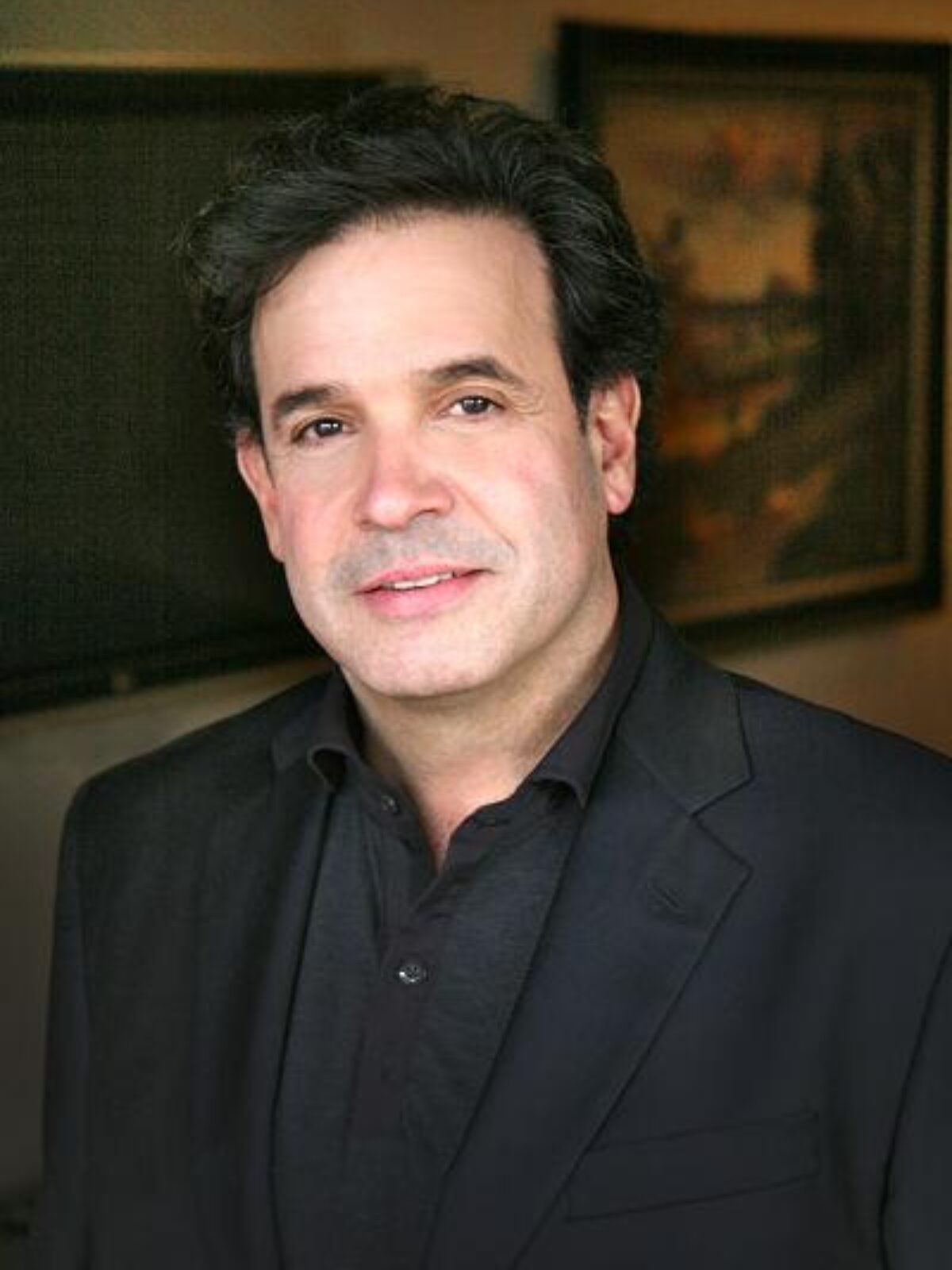One of Philanthropy’s Biosecurity Leaders Steps Up Emergency Pandemic Giving
Open Philanthropy (OP), which is largely funded by Facebook co-founder Dustin Moskovitz and his wife Cari Tuna, has been one of the few grantmaking organizations in recent years with an active program in biosecurity and pandemic preparedness. That giving emerged from OP’s longstanding concern with what it terms “global catastrophic risks” that have the capacity to destabilize society to a degree sufficient to cause long-term harm to humanity, or even “lead to human extinction.” While such doomsday fears once made OP something of an odd outlier in philanthropy, they no longer seem far-fetched to anyone after the last few months of catastrophe.









